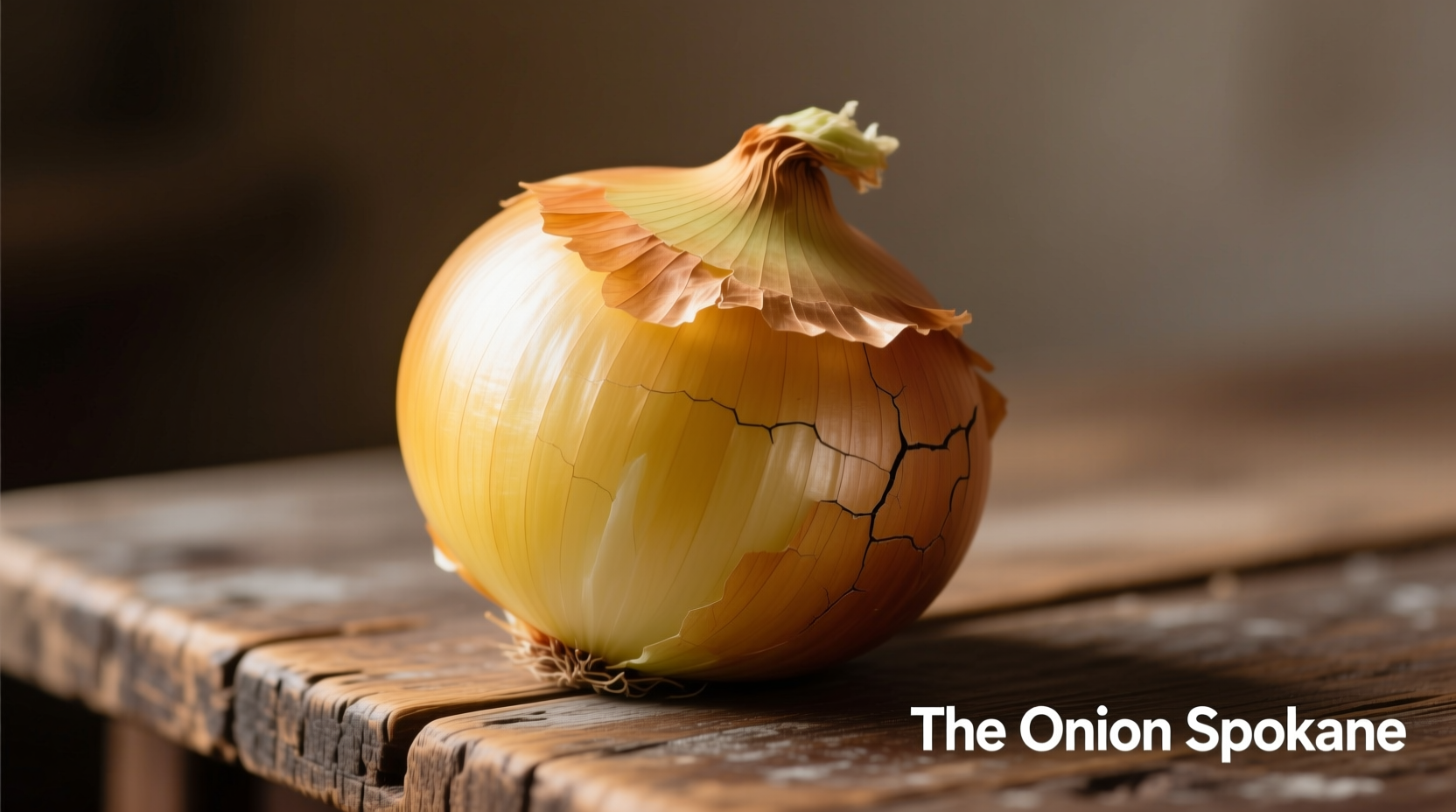If you've searched for “the onion spokane”, you're likely trying to verify whether this is a legitimate local news source. This guide clarifies the relationship between The Onion and Spokane, explains why confusion occurs, and provides practical tools to identify satirical content versus authentic local reporting.
Understanding The Onion's National Satire Model
Founded in 1988 at the University of Wisconsin-Madison, The Onion operates as a single national satirical publication with no regional editions. The organization produces fictional news stories designed to critique society through humor, not to report actual events. Despite its newspaper-like format, theonion.com explicitly states its content is “fictional” in its masthead and terms of service.
| Feature | The Onion (Satire) | Authentic Spokane News |
|---|---|---|
| Headline Style | Exaggerated, absurd claims | Clear, factual statements |
| Author Information | Often pseudonyms or staff writers | Verified journalist names with bios |
| Domain Registration | theonion.com (national) | spokesman.com, kxly.com (local) |
| Corrections Policy | No corrections for “facts” | Formal corrections process |
Why “The Onion Spokane” Searches Happen
Three primary factors drive searches for “the onion spokane”:
- Social media sharing - Satirical articles sometimes get shared without context on platforms like Facebook, where users assume they're reading local news
- Domain mimicry - Some websites create Spokane-sounding parody sites (e.g., “onion-spokane.com”) that confuse readers
- Geographic tagging - The Onion occasionally sets satire in real cities like Spokane to enhance relatability
According to a 2024 Pew Research study, 27% of U.S. adults have initially believed satirical content was real news, with confusion rates higher for locally themed parody pieces.

Spokane's Actual News Landscape
Spokane's primary news sources include:
- The Spokesman-Review (est. 1890) - Primary daily newspaper
- KXLY-TV - Local ABC affiliate
- Spokane Journal of Business - Regional business publication
- Northwest Public Broadcasting - Public radio/TV service
Unlike satirical content, these organizations maintain public editorial standards, correction policies, and journalist bylines with verifiable credentials. The Washington Press Association requires member publications to adhere to strict ethical guidelines that parody sites ignore.
Practical Verification Techniques
When encountering suspicious Spokane news claims:
- Check the domain - Legitimate Spokane sites use .com, .org, or .edu addresses with clear local branding
- Search for verification - Enter “[claim] + Spokane + fact check” in search engines
- Examine author credentials - Real journalists have LinkedIn profiles and previous work samples
- Look for correction notices - Authentic news sites maintain transparency about errors
When Satire Causes Real Confusion
While most readers recognize The Onion's intent, satire becomes problematic when shared without context in community groups. A 2023 University of Washington study documented cases where Spokane residents:
- Mistook satirical “Spokane city council” stories for real proposals
- Shared parody content in neighborhood Facebook groups
- Contacted actual officials about fictional policies
This confusion typically occurs with content that mirrors real local issues but adds absurd elements. For example, a genuine Spokane debate about infrastructure might inspire satire about “installing gold-plated sidewalks,” which some readers then mistake for actual proposals.
Building Media Literacy in Spokane Communities
The Spokane Public Library offers free media literacy workshops teaching residents to:
- Identify satire through linguistic cues
- Verify sources using reverse image search
- Understand publication business models
Washington State University's Edward R. Murrow College of Communication also provides online verification tools specifically designed for Pacific Northwest residents.
Conclusion: Navigating News in the Digital Age
Understanding that “the onion spokane” doesn't exist as a legitimate news source helps Spokane residents better navigate today's complex media environment. By applying verification techniques and understanding satire's purpose, readers can enjoy The Onion's humor while staying informed about actual local issues through Spokane's authentic news organizations.











 浙公网安备
33010002000092号
浙公网安备
33010002000092号 浙B2-20120091-4
浙B2-20120091-4